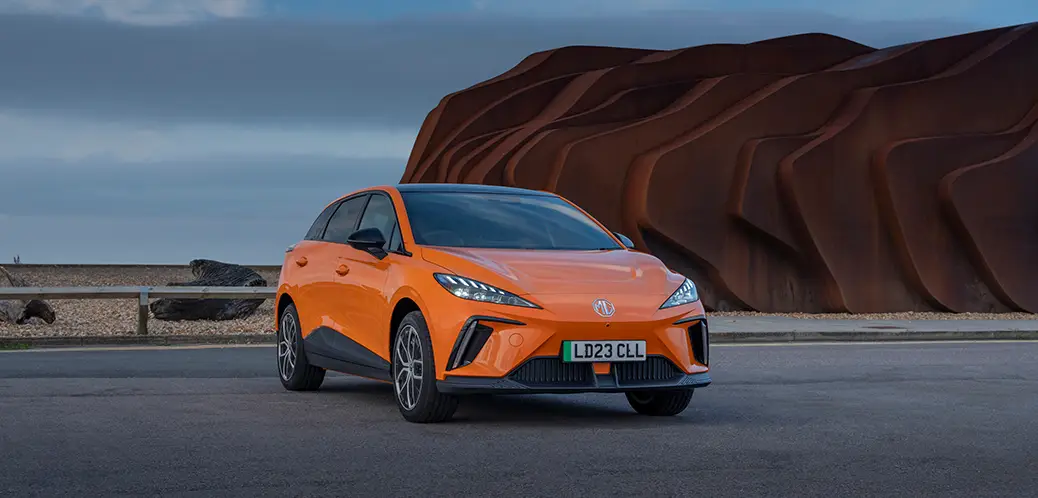Driverless cars have long been touted as the future of transport. Their development, the supply side, is ramping up fast. Our desire, the demand side, however, is not.
If you work in the automotive industry you’ll have noticed the almost constant commentary on autonomy, and how it promises to revolutionise cars as we know them. However, for the average person on the street, it’s a different story.
A surprising 36% of people simply don’t know what connected autonomous vehicles/mobility (CAV/M) is for and, with only 32% as keen supporters, a scary 68% don’t see it as a solution for their needs.
To make matters worse, people’s feelings on how the tech should be used isn’t aligned with the approach that some vehicle manufacturers are taking. A sizeable 64% of those surveyed, as highlighted by the recent report: Driving the Future Attitudes to Automation, think the most appealing concept of autonomous mobility is healthcare – which includes ambulances and mobile check-up centres. When was the last time a car manufacturer mentioned that in an advert?
However, with many more young people in favour of autonomy compared to older generations, the respondents are probably the section of society least concerned with healthcare in general.
People want control…
Humans like to feel as if they are in control and much of the joy of driving is derived from just that. Being told what to do and where to go only works if you’re happy to be shuttled around – commuting to the office, for example.
Individuality is a key part of successful car marketing and it’s understood that many people want to feel special by purchasing a car that they identify with. An automated vehicle detracts from the idea of driving and ownership as a form of self-expression.
What’s more, modern consumers are increasingly focused on individuality. A great example is the range of models and the level of personalisation that car manufacturers now offer. The ‘cat is out of the bag’ so to speak and it’s going to be near impossible to convince people to relinquish this control. This is confirmed by the research that shows the least attractive concept for autonomous vehicles is ‘enjoyment and tourism’.
Is it still worth developing CAV/M?
This is the ‘chicken or the egg’ question. Can you expect people to embrace a new technology when they have no concept of what they’re letting themselves in for?
As it stands, there’s sufficient resistance to autonomous technology that, by traditional business measurements, it’s not a viable product to try and deliver to market.
However, it’s clear that CAV/M will be part of the future of transport. Once developed, the safety benefits are obvious and there’s already a staggering level of connectivity and autonomy in vehicles compared to just a decade ago – in 2015, more than half of all new cars sold in the UK featured some form of nascent autonomous or safety feature.
How to move forward
The good news is that the research shows there is a sizeable portion of the market who see a point to CAV/M and are keen to explore the benefits – if they can be demonstrated in a clear and concise way.
Understanding the market and how to educate your audience will be vital going forward. Knowing how you can engage them on the hot topics that interest them, and in a way that they will find enlightening, will prove critical to the success of products and services.
loop can support you at every stage, from helping you research your customers and define your audience’s hot topics, right through to talking to the right media and gaining great coverage.
Find out more or call us on 01869 228 766.




